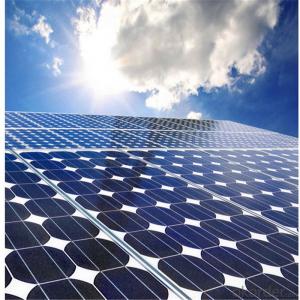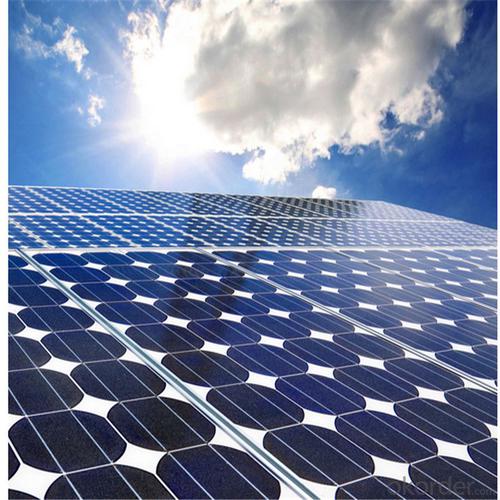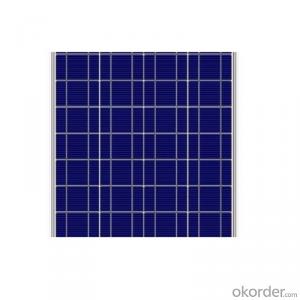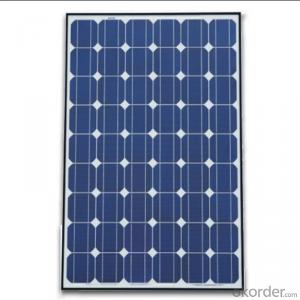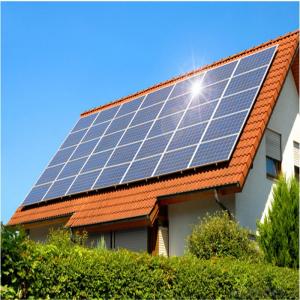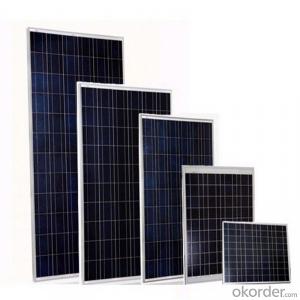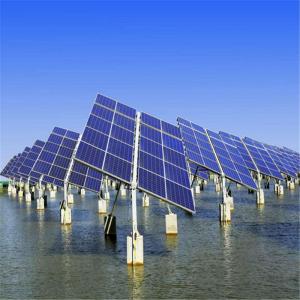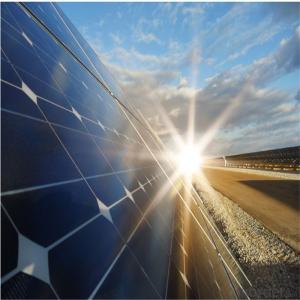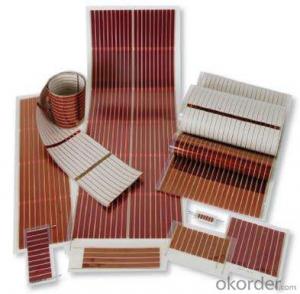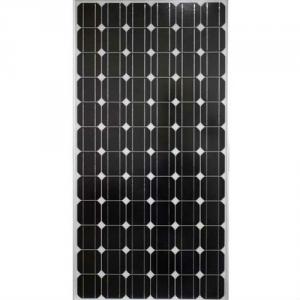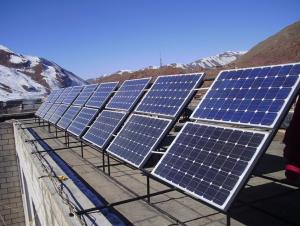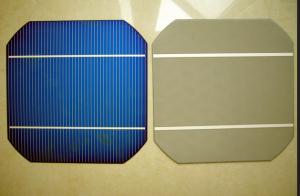210 Watt Raw Solar Cells Poly Photovoltaic Solar Panel
- Loading Port:
- China main port
- Payment Terms:
- TT OR LC
- Min Order Qty:
- 1000 watt
- Supply Capability:
- 500000 watt/month
OKorder Service Pledge
OKorder Financial Service
You Might Also Like
Specification
Instruction
Quality and Safety
1. Rigorous quality control meets the highest international standards.
2. High-transmissivity low-iron tempered glass, strong aluminium frame.
3. Using UV-resistant silicon.
4. IS09001/14001/CE/TUV/UL
5.3w-300w mono & poly solar panel supply
Warranties
1. 10 years limited product warranty
2. 15 years at 90% of the minimal rated power output
3. 25 years at 80% of the minimal rated power output
Feature
1. High efficiency and High power.
2. Long-term electrical stability.
3. Lowest price and Fastest delivery.
4. Good quality and good service.
5.Bulk supply
6. Good Warranty
7.Big Sale
8.High quality
9.More than 35 years on the lifetime.
10 DHL/Fedex/UPS/TNT/EMS etc
Images
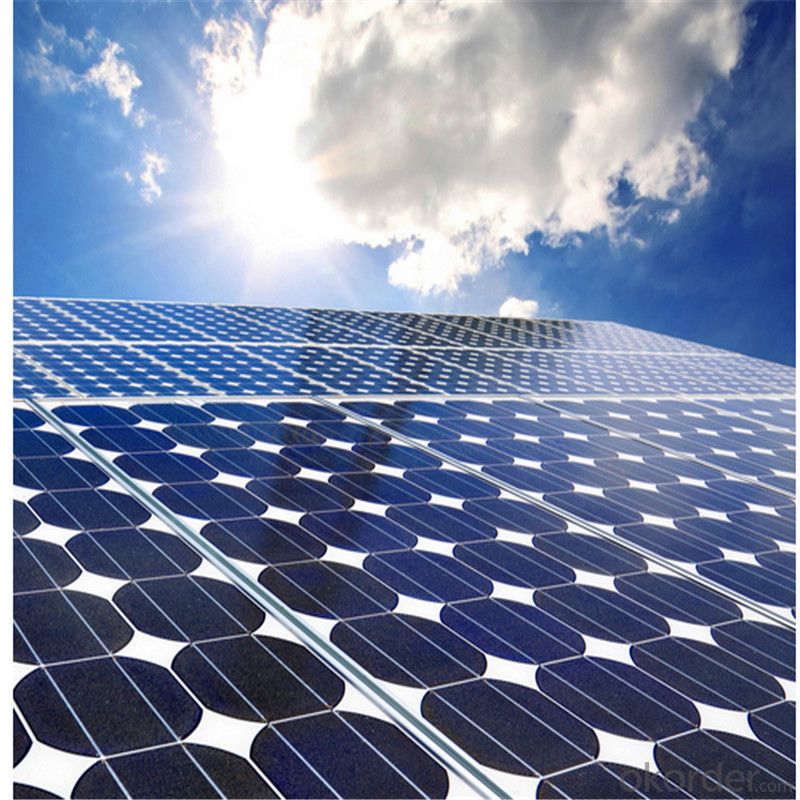
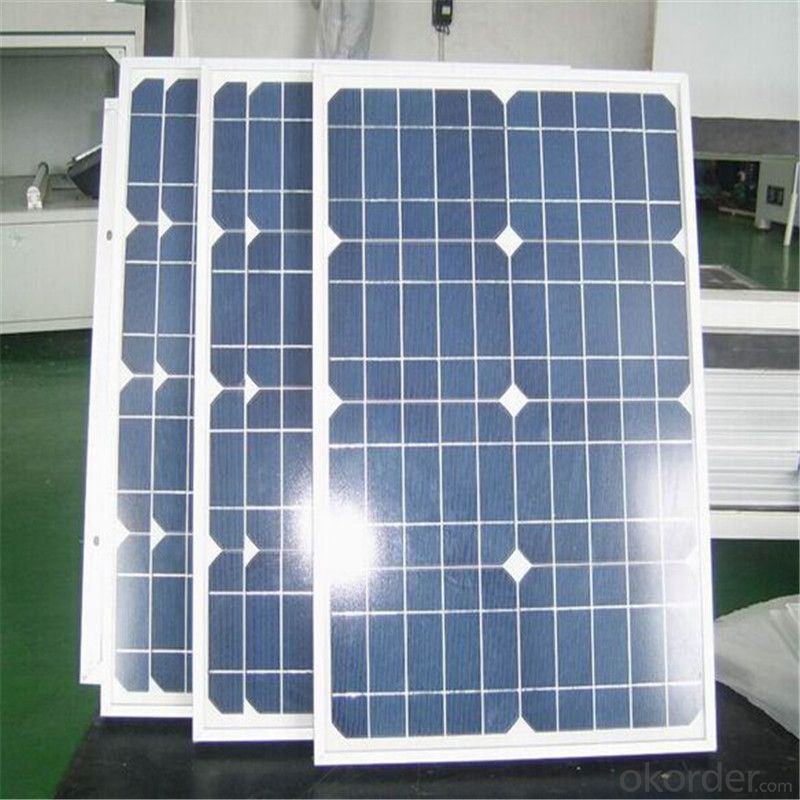
Specification
Model | SIM-100 |
Maximum Power at ST(Pmax)W | 100Wp |
Maximum Power Voltage(Vmp)V | 18.0V |
Maximum Power Current(Imp)A | 5.56A |
Open Circuit Voltage(Voc)V | 22.0V |
Short Circuit Current(Isc)A | 5.9A |
Cell Efficiency(%) | 17.0% |
Module Efficiency(%) | 15.37% |
Operating Temperature°C | -40°C to 85°C |
Maximum system voltage | 1000V(IEC)DC |
Power tolerance | -0.03 |
Temperature coefficients of Pmax | -0.45%/°C |
Temperature coefficients of Voc | -0.27%/°C |
Temperature coefficients of Isc | 0.05%/°C |
Weight(kg) | 7.4 |
Number of cell(pcs) | 4*9 |
FAQ
We have organized several common questions for our clients,may help you sincerely:
1). What’s price per watt?
A: It’s depends on the quantity, delivery date and payment terms of the order. We can talk further about the detail price issue. Our products is high quality with lower price level.
2). Can you tell me the parameter of your solar panels?
We have different series of cells with different power output, both from c-si to a-si. Please take our specification sheet for your reference.
3). How do you pack your products?
We have rich experience on how to pack the panels to make sure the safety on shipment when it arrives at the destination.
4). How long can we receive the product after purchase?
In the purchase of product within three working days, We will arrange the factory delivery as soon as possible. The perfect time of receiving is related to the state and position of customers. Commonly 7 to 10 working days can be served.
- Q: How do solar cells perform in areas with limited space for installation?
- Solar cells can still perform efficiently in areas with limited space for installation through the use of innovative technologies such as rooftop and building-integrated photovoltaics. These systems maximize the use of available space, allowing solar cells to generate electricity even in compact urban environments. Additionally, advancements in solar cell design and efficiency have made it possible to produce more power from smaller areas, further optimizing electricity generation in limited spaces.
- Q: How do solar cells handle electrical noise or interference?
- Solar cells do not handle electrical noise or interference. They convert sunlight directly into electricity and are not designed to address or mitigate electrical noise or interference.
- Q: Can solar cells be used in agricultural farms?
- Yes, solar cells can be used in agricultural farms. Solar energy can be harnessed through solar panels to power various farm operations, such as irrigation systems, lighting, and equipment. This can help reduce reliance on fossil fuels, decrease energy costs, and promote sustainable practices in agriculture.
- Q: Can solar cells be used to charge electric vehicles?
- Yes, solar cells can be used to charge electric vehicles. Solar panels can convert sunlight into electricity, which can then be used to charge the batteries of electric vehicles. This allows for sustainable and renewable energy sources to power electric vehicles, reducing reliance on fossil fuels and decreasing carbon emissions.
- Q: Are solar cells weather-resistant?
- Yes, solar cells are weather-resistant. They are designed to withstand various weather conditions, including rain, snow, and extreme temperatures, without significant damage to their functionality.
- Q: What is the impact of dust and dirt on solar cell performance?
- Dust and dirt can significantly impact the performance of solar cells. When dust and dirt accumulate on the surface of solar panels, they reduce the amount of sunlight that reaches the cells, resulting in a decrease in energy production. The presence of dust and dirt also creates a layer on the surface, which can cause hotspots and increase the temperature of the solar cells, further reducing their efficiency. Regular cleaning and maintenance are essential to maximize the performance and lifespan of solar cells.
- Q: What is the impact of solar cells on reducing water usage?
- Solar cells have a positive impact on reducing water usage as they generate electricity without requiring water for cooling, unlike traditional power plants. This helps conserve water resources and reduces the strain on water supplies, particularly in regions facing water scarcity.
- Q: What is the typical lifespan of a solar cell?
- The typical lifespan of a solar cell is around 25 to 30 years, although some high-quality panels can last even longer with proper maintenance and care.
- Q: Can solar cells power an entire house?
- Yes, solar cells have the potential to power an entire house. With advancements in technology and proper installation of solar panels, it is possible to generate enough electricity to meet the energy needs of a household. However, the feasibility of this depends on various factors such as the size of the solar panel system, the energy consumption of the house, and the availability of sunlight in the area.
- Q: Can solar cells be used on spacecraft?
- Yes, solar cells can be used on spacecraft. In fact, they are extensively used to generate electricity on spacecraft by converting sunlight into electrical energy.
Send your message to us
210 Watt Raw Solar Cells Poly Photovoltaic Solar Panel
- Loading Port:
- China main port
- Payment Terms:
- TT OR LC
- Min Order Qty:
- 1000 watt
- Supply Capability:
- 500000 watt/month
OKorder Service Pledge
OKorder Financial Service
Similar products
Hot products
Hot Searches
Related keywords
